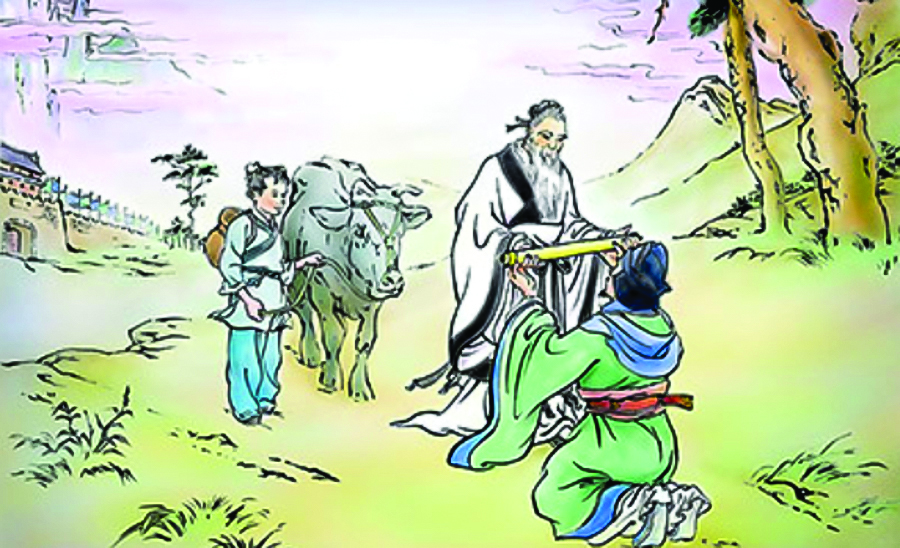
Condensing a tome is a gargantuan task; leave alone your complete writings. But trust the masters to come up with nuggets consisting of a few sentences that encompass the essence of thousands of words. On being asked by a friend, Socrates replied, ‘The only thing I know is that I don’t know.’ Lao Tzu had a similar experience.
Ancient China was fraught with danger, with the possibility of a war looming large. Lao Tzu decided to leave his abode and shift to a place where war wouldn’t affect him. Besides, he was extremely disillusioned and wanted to leave civilisation behind to live in the wilderness. The gatekeeper recognised him the moment he approached the gates of the kingdom. He bowed to the master and wanted to know the reason for the master’s travel. Despite Lao Tzu’s explanation, the gatekeeper refused to let him through. Lao Tzu was distraught and wanted to know why he wasn’t allowed to leave like others. The gatekeeper stated that Lao Tzu was invaluable, and as a guard posted to safeguard the property of the kingdom, he definitely could not let a precious gem leave the kingdom. Lao Tzu was pleased but countered the guard by saying that it wasn’t him as a person but his teachings that could be called gems, so why detain him? The guard was intelligent and countered that Lao Tzu was, after all, carrying that with him in his mind. When Lao Tzu replied that whatever he has taught has been chronicled, the guard wondered what would happen if it’s lost during a calamity. Eventually, Lao Tzu wrote his teachings at the gate, which became his seminal work, popularly known as Tao Te Ching, or The Way of Life. While the 81 verses of Tao Te Ching encompass the thousands of verses he had taught throughout his life, the opening lines of this groundbreaking text can be considered to be the abridged version of everything he wrote: ‘Knowing others is intelligence. Knowing yourself is true wisdom.
Mastering others is strength. Mastering yourself is true power.’
While gathering knowledge from around the world, let us constantly remember Lao Tzu’s lines. While knowledge from outside is important to gain success in life, there’s no way we can succeed in the true sense unless we know ourselves.
Besides, only by knowing oneself does one achieve true power.